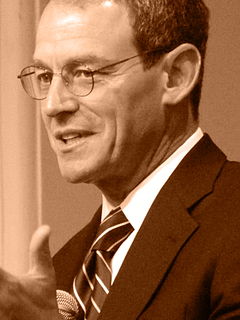A Quote by Winston Churchill
Soviet Union foreign policy is a puzzle inside a riddle wrapped in an enigma, and the key is Russian nationalism.
Quote Topics
Related Quotes
25 million of Russian people suddenly turned out to be outside the borders of the Russian Federation. They used to live in one state; the Soviet Union has traditionally been called Russia, the Soviet Russia, and it was the great Russia. Then the Soviet Union suddenly fell apart, in fact, overnight, and it turned out that in the former Soviet Union republics there were 25 million Russians. They used to live in one country and suddenly found themselves abroad. Can you imagine how many problems came out?
This much I would say: Socialism has failed all over the world. In the eighties, I would hear every day that there is no inflation in the Soviet Union, there is no poverty in the Soviet Union, there is no unemployment in the Soviet Union. And now we find that, due to Socialism, there is no Soviet Union!
National Defense A strong USA defense brought down the Soviet Union. It was Ronald Reagan - first in a speech at Notre Dame University in May 1981, then his 'Evil Empire' speech of March 1983 - who most eloquently declared communism's imminent demise. Reagan was right. And even Soviet officials attribute Ronald Reagan's rhetoric and foreign policy to bringing down that 'evil empire.' By Christmas Day, 1990, the Soviet Union ceased to exist. Liberals wished it were other things.
The first year I was in office, only about 800 people came out of the Soviet Union, Jews. By the third year I was in office... second year, 1979, 51,000 came out of the Soviet Union. And every one of the human rights heroes - I'll use the word - who have come out of the Soviet Union, have said it was a turning point in their lives, and not only in the Soviet Union but also in places like Czechoslovakia and Hungary and Poland [they] saw this human rights policy of mine as being a great boost to the present democracy and freedom that they enjoy.
The thing that should most concern us is a shift in American foreign policy. We have had a bipartisan belief in American foreign policy based on the post-World War II institutions that believed in democratic global world, which Russia and the Soviet Union was often seen as hostile to. And most Republicans and Democrats have always basically believed in this world order. Donald Trump and Vladimir Putin and maybe Marine Le Pen do not agree with this basic structure of the world.









































